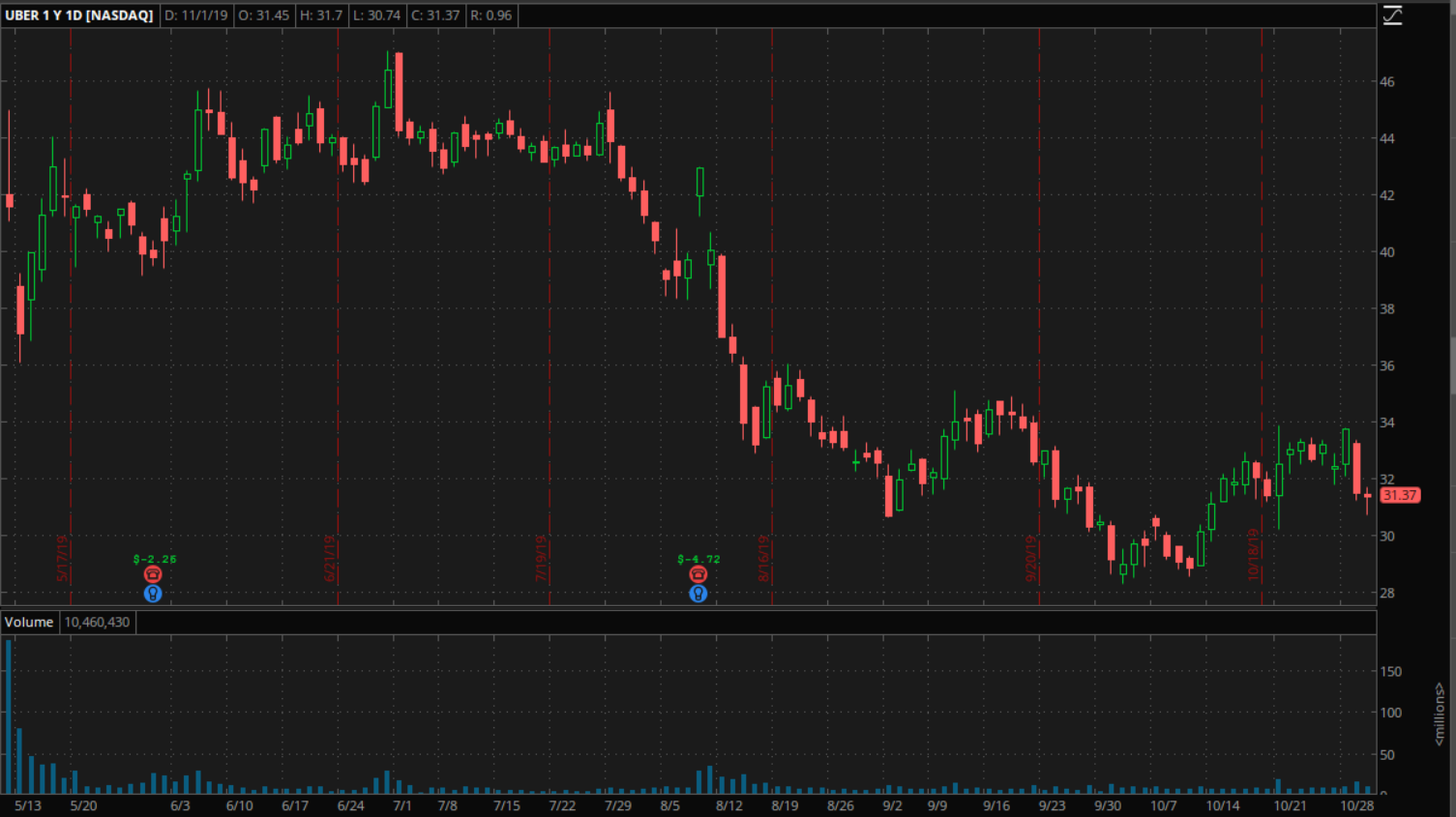We are in the busiest part of earnings season and depending on how much of an adrenaline junkie you are, that is either great fun or absolutely terrifying. When reports come thick and fast and the results and accompanying news can cause massive reaction in stocks, it can be overwhelming for the average investor. The best advice I can give for dealing with that is to ignore it all for now and come back to it later in a calmer mood, but for most that simply isn’t possible.
The barrage of news forces its way into our consciousness, and we feel compelled to act. If that has caused problems in the past, the you should learn from the way desk traders handle a deluge of news; stay focused on one or two products, or, in the case of stocks during earnings season, one or two reports.
When I worked in the interbank forex market, I concentrated on one currency pair in one time period. If I was on the spot cable (GBP/USD) desk, for example, then every bit of news was filtered and analyzed based solely on its implications for that pairing. The influence on other currency pairs mattered of course, but that impact could be assessed later. As the news and data hit and was shouted across the floor, the key was to react quickly, and that could only be done if you maintained a very narrow focus.
Half of the battle when you are trying to do that is understanding what is not important.
Today, for example, after the market closes, we will hear from Uber Technologies (UBER) and I’m sure that their earnings will receive a lot of publicity and a massive amount of scrutiny, but their results really don’t matter.
That may sound strange, even to people who don’t personally hold the stock. Surely, you might think, such high-profile results must be significant. There has been so much talk recently of problems with tech “unicorns,” with people looking for early profit from even growth-oriented companies, that Uber’s earnings may seem very important.
They are not, for several reasons.
First and foremost, earnings (or lack of them) will not be what decides the stock’s price over the next couple of months. These earnings mark the end of a significant “lock-up” period for early investors in the company (the period after the IPO when they are forbidden from selling their shares) and the biggest influence on price by far will be how many of the insiders decide to offload their stock. That decision will be made after considering many factors, but profitability at this stage won’t be one of them.
Even growth numbers in the ride-hailing business will have less impact on those decisions than you probably think. We are talking here about insiders and early-stage, growth focused investors, but the real growth for Uber in the future is going to come from other areas. Things like advances in autonomous vehicles are far more important to the long-term future of the company than a few pennies difference between expected and actual losses.

We may hear something about those possible advances this afternoon, but it is very unlikely to be anything we haven’t heard before, and certainly won’t be news to current insiders. Again, what matters is not what the report reveals, but how those insiders react.
When UBER announces their Q3 results after the market close today, anything other than an exact match of expectations all around will cause the stock to jump around. That, though, will be because lots of people are listening and feel the need to act, not because the results have any long-term implications. Because of that, this is an earnings release that is best ignored, whether you own UBER, its competitor Lyft (LYFT), or nothing at all in the space.
The views and opinions expressed herein are the views and opinions of the author and do not necessarily reflect those of Nasdaq, Inc.

